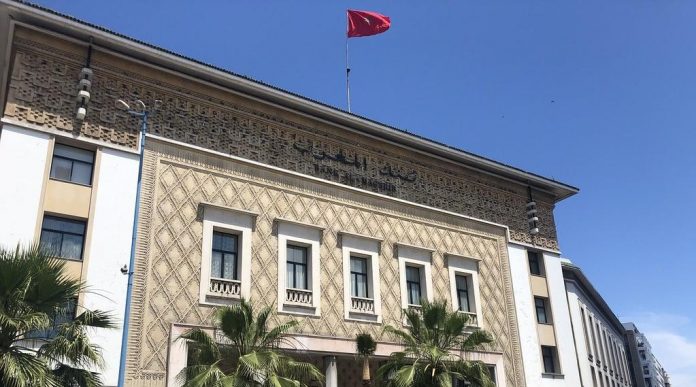In a major move to modernize its financial markets, Bank Al-Maghrib has selected Bloomberg’s FXGO and EBND platforms to launch Morocco’s first interbank derivatives market, according to an announcement reported by Bloomberg. This digital leap marks a significant milestone in the country’s broader effort to open up and digitize its money market infrastructure.
From now on, foreign exchange swaps—such as USD/MAD—and overnight index swaps (OIS) tied to the Moroccan Overnight Index Average (MONIA) will be traded electronically through these specialized platforms. The goal is to boost transparency, improve liquidity, and streamline transactions between financial institutions.
FXGO, already used for spot trading between the dirham and the U.S. dollar, will now extend its services to currency swaps, offering a more structured and secure environment for managing foreign exchange risk. Meanwhile, EBND will support trading of MONIA-based OIS contracts, contributing to the development of Morocco’s interest rate market by providing a fully digitalized trading experience for institutional participants.
This initiative follows another major reform introduced in 2023: the adoption of a new methodology for calculating the sovereign yield curve, which now draws directly from secondary market data via the EBND platform. The reform underlined Bank Al-Maghrib’s commitment to market-based operations and its reliance on globally recognized digital tools.
The EBND platform, which operates under the oversight of Morocco’s Ministry of Economy and Finance, supports the entire lifecycle of Treasury bond trading. It features advanced tools for managing quote requests, enables straight-through processing (STP), and provides real-time access to market data. This setup gives Bank Al-Maghrib a real-time view of market trends and bond market activity, enhancing its ability to monitor and respond to shifts in investor sentiment.
Through this strategic adoption of Bloomberg’s technology, Morocco is taking a clear step toward aligning its financial infrastructure with international standards, reinforcing its credibility in global markets while laying the groundwork for a more agile and resilient monetary system.




